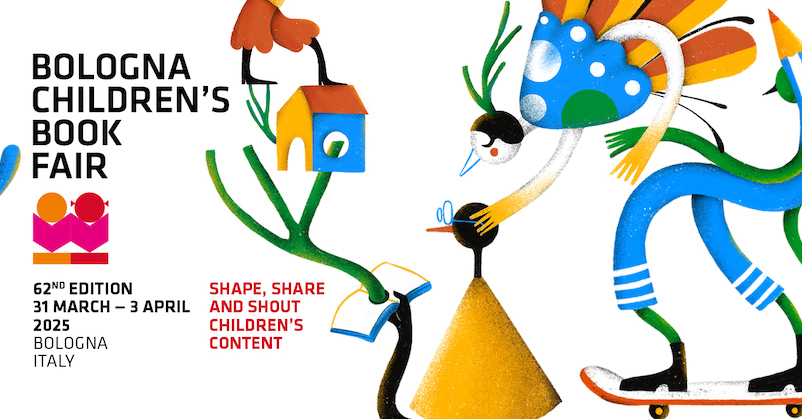Yusuf is twelve when he leaves his home and family, suddenly, with Uncle Aziz. The thrill of travel, the wonder of the coast, soon give way to the realization that “Uncle” Aziz is a rich trader who holds the boy in pawn for his father’s unpaid debts. Yusuf grows up with his fellow bondsman, Khalil, serving behind the counter in the shop and assisting the pious Mzee Hamdani in the mirrored garden, until he reaches handsome manhood and a rite of passage: a trade safari into the interior. Drawn by the mystery of Uncle Aziz’s wife, the Mistress, he is increasingly attracted to her former handmaiden, now co-wife, Amina. With the chains in full rattle, Yusuf finally springs.
Abdulrazak Gurnah’s fourth, finely written novel is a journey in many senses, a far-reaching exploration of an intricate culture in East Africa, where a frontier of the nostratic world, hardly known to Europeans, confronts the heart of darkness. As in the best of Conrad (another Jozef parentless at twelve), the encounter and the ravishment reveal man’s complex vulnerability and the power of economic forces. The non-European heritage of the region, dominated by Indians and Gulf Arabs, brings out the universality of the novel’s vision, just as the force of its heightened language deepens and almost rescues its bleakness. An idea of this richness can be seen in the retailer’s credo, which is given not to Uncle Aziz but to his majordomo, the heartless sodomizer Mohammed Abdalla, whose career is to be wrecked by the expedition. Lodged at the book’s core, this is his longest speech:
This is what we’re on this earth to do. To trade. We go to the driest deserts and the darkest forests and care nothing whether we trade with a king or a savage, or whether we live or die. It’s all the same to us. You’ll see some of the places we pass, where people have not yet been brought to life by trade, and they live like paralyzed insects. There are no people more clever than traders, no calling more noble. It is what gives us life.
By contrast, what has given Yusuf life is the journey, not its goal (a saying rarely so numinously stated):
The terror he had felt was not the same as fear, he said. It was as if he had no real existence, as if he were living in a dream, over the edge of extinction. It made him wonder what it was that people wanted so much that they could overcome terror in search of trade. It was not all terror, not at all, he said, but it was the terror that gave everything shape. And he had seen sights which nothing in him could have predicted.
In this deeply stratified, socially immobile society, Yusuf is admired for his looks but respected for his disturbed sleep, the dynamic of troubled dreams being of a piece with the most popular public pastime: the retailing of tales. This may suggest to the European a medieval culture in precarious balance, but after the safari, the profound parallels with a modern Europe (and, more generally, the West, which can now be found at most points of the compass) become ever clearer. Yusuf learns the tales endured by those among whom he has grown up – the history of Khalil and his sister Amina – and, through the tale of Joseph, which belongs equally to Islam and Judeo-Christianity, he discovers himself. By the end, the form of the novel is at one with its content: the retelling and retailing are one.
As Paradise ends, with the tantalizing possibility that personal freedom may be more hopefully sought by movement between societies rather than within them, the ironies of the title receive a final twist. The word itself first referred to the walled pleasure gardens of the Persian kings. Now we must hope that their successors will be among those who find pleasure in this book.
The post A retailer of tales appeared first on TLS.

 By Times Literary Supplement | Created at 2025-03-30 11:24:44 | Updated at 2025-04-04 20:01:54
5 days ago
By Times Literary Supplement | Created at 2025-03-30 11:24:44 | Updated at 2025-04-04 20:01:54
5 days ago







